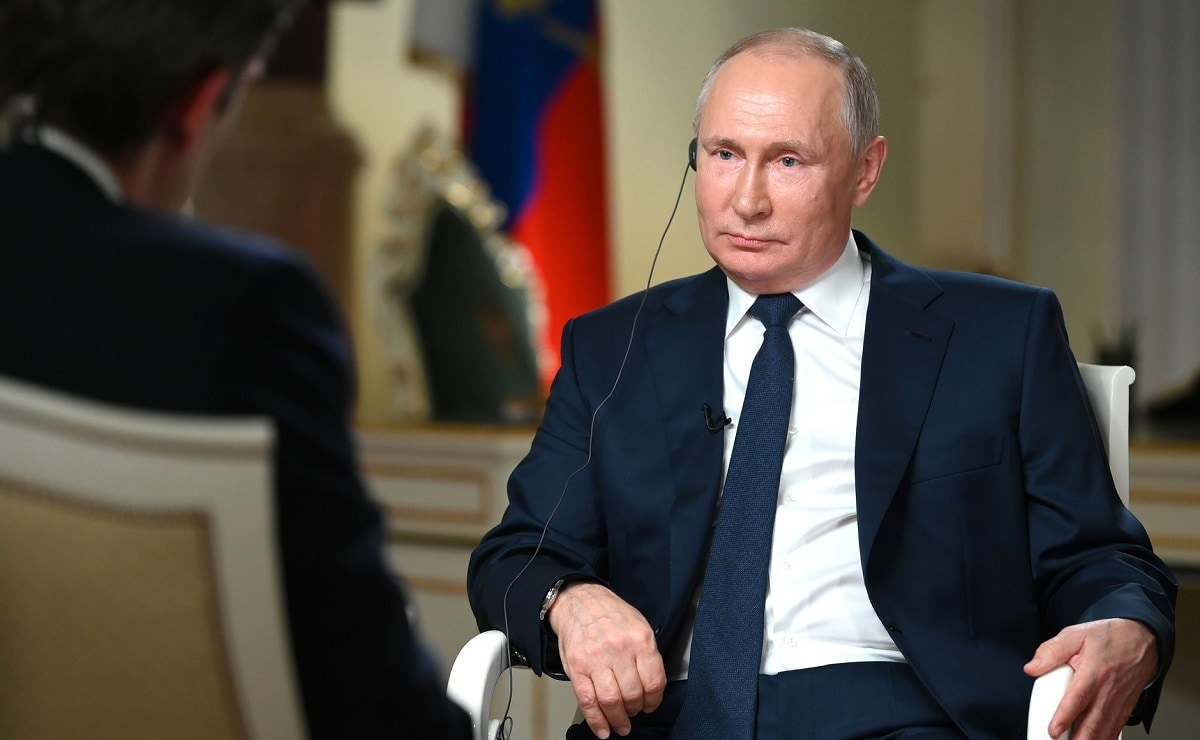Anyone looking for Presidents Joe Biden and Vladimir Putin to emerge from their sojourn in Geneva this week brandishing a groundbreaking document of strategic significance should leave their optimism at the door. The chances of the two leaders reprising the U.S.-Russia summits of old, the most infamous being those conducted by Ronald Reagan and Mikhail Gorbachev, are slim to none. The discussions between Biden and Putin will be frank and likely contentious; indeed, if there is one thing both agree on, it’s that U.S.-Russia relations are at their lowest point in decades.
But as the old saying goes, you make peace with your enemies, not your friends. While the U.S. and Russia don’t outright refer to one another as enemies, the fact is that the summit between Biden and Putin is a critical opportunity to normalize a relationship that continues to be hobbled by any number of grievances and disputes, from cyberattacks and sanctions to human rights and the lingering war in Ukraine.
Biden and Putin will both enter the meeting on June 16 carrying a list of complaints with them. Biden, coming off successful sessions with the G-7 and NATO, will push Putin to act more aggressively against the cyber gangs based on Russian soil who have conducted ransomware attacks on U.S. infrastructure. He will also reprimand the Russian leader for his government’s crackdown on dissent.
Putin, in turn, will use the summit to rehabilitate his image and project himself as a responsible statesman willing to go toe-to-toe with the world’s most powerful country in order to defend Russian national interests as he conceives them. He will not only deny involvement in the last year’s SolarWinds attack against U.S. government and private networks but complain about Washington’s propensity to blame Russian intelligence operatives for every sin under the sun.
The probability of major problems being solved at this summit are about as great as Biden and Putin becoming pals at the end of it. The positions of Washington and Moscow are simply far apart on too many issues. The U.S. wants Russia to withdraw from Eastern Ukraine and lean on the separatists to start talking about a peace agreement in line with the 2015 Minsk protocols. Russia wants the U.S. to stop providing Kiev military assistance and start pushing on the Ukrainian government to give separatist-held areas a measure of autonomy. On Syria, there is not much for the U.S. and Russia to talk about since the positions of both remain firmly entrenched—even keeping the humanitarian aid spigot open will prove contentious.
Striking an accord on cyber-espionage or hacking operations is likely out of the question. Although Putin made some noise about possibly agreeing to some sort of mutual extradition of cyber criminals with the United States, the Biden administration will balk at such a proposition since the Russians are not exactly trustworthy actors on this issue. Even if Biden were open to such an arrangement, lawmakers on Capitol Hill—many of whom want the U.S. to start being more proactive rather than defensive—would greet it with a mix of disbelief and righteous indignation.
The summit, however, can still serve a productive purpose. While solutions will be hard to come by, Biden and Putin will for the first time discuss their grievances with one another on a personal level and size each other up. According to U.S. Secretary of State Antony Blinken, the summit could serve as the beginning of a long and arduous process to test the proposition of more stable ties. This is not diplomatic happy-talk, but rather a statement of how diplomacy often works. Before Reagan and Gorbachev signed one of the most significant arms control treaties in Cold War history, the two met in Geneva two years earlier to shake hands and take one another’s temperature. Putin, of course, is no Gorbachev. But it would be shortsighted to assume he isn’t willing to temper the more problematic aspects of his behavior if it is Russia’s interest to do so.
The most that can be expected from the Biden-Putin summit is the bare minimum: a frank exchange about why bilateral relations are circling the drain and perhaps a brainstorming of some remedial measures to ensure those relations don’t get stuck in the pipes. Given the otherwise sour note of the U.S.-Russia relationship, the mutual return of the U.S. and Russian ambassadors to their respective embassies after a months-long absence would be a significant achievement. Reversing some of the personnel expulsions and getting visa operations in both countries up and running again would chip away at some of the broader tensions that have made the nuts and bolts of diplomacy more difficult than they should be. There might be a possibility for Biden and Putin to leave Geneva with a general recognition of the importance of a new round of strategic stability talks, whose absence is disturbing given the nearly 12,000 nuclear warheads Washington and Moscow collectively possess.
President Biden may think Vladimir Putin doesn’t have a soul. Putin may believe Biden is a creature of the U.S. foreign policy establishment incapable of changing. But given the stakes involved, these personal characteristics are secondary to the main point: the U.S. and Russia may not like each other, but they can’t ignore each other either.
Daniel R. DePetris is a fellow at Defense Priorities and a foreign affairs columnist at Newsweek.

